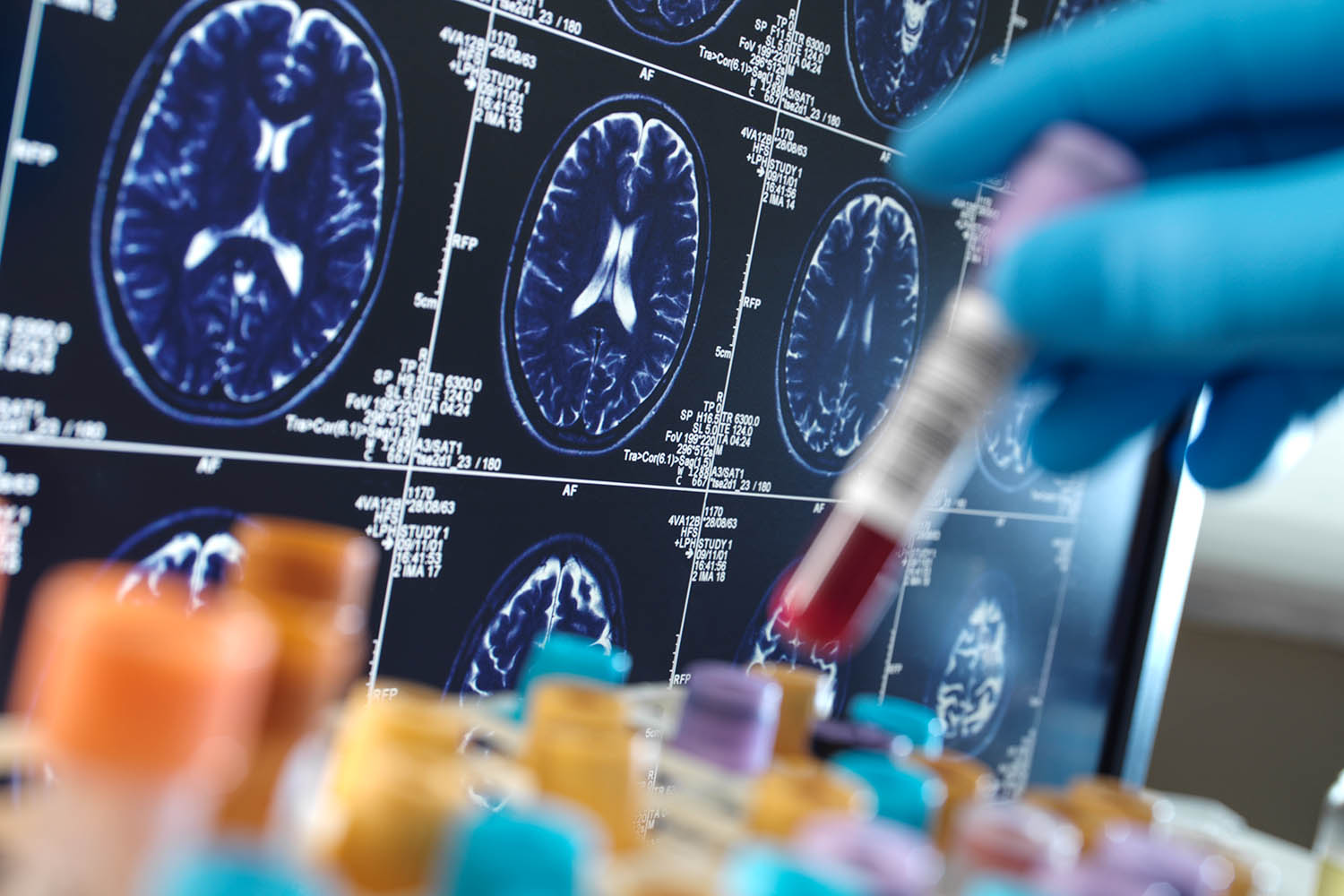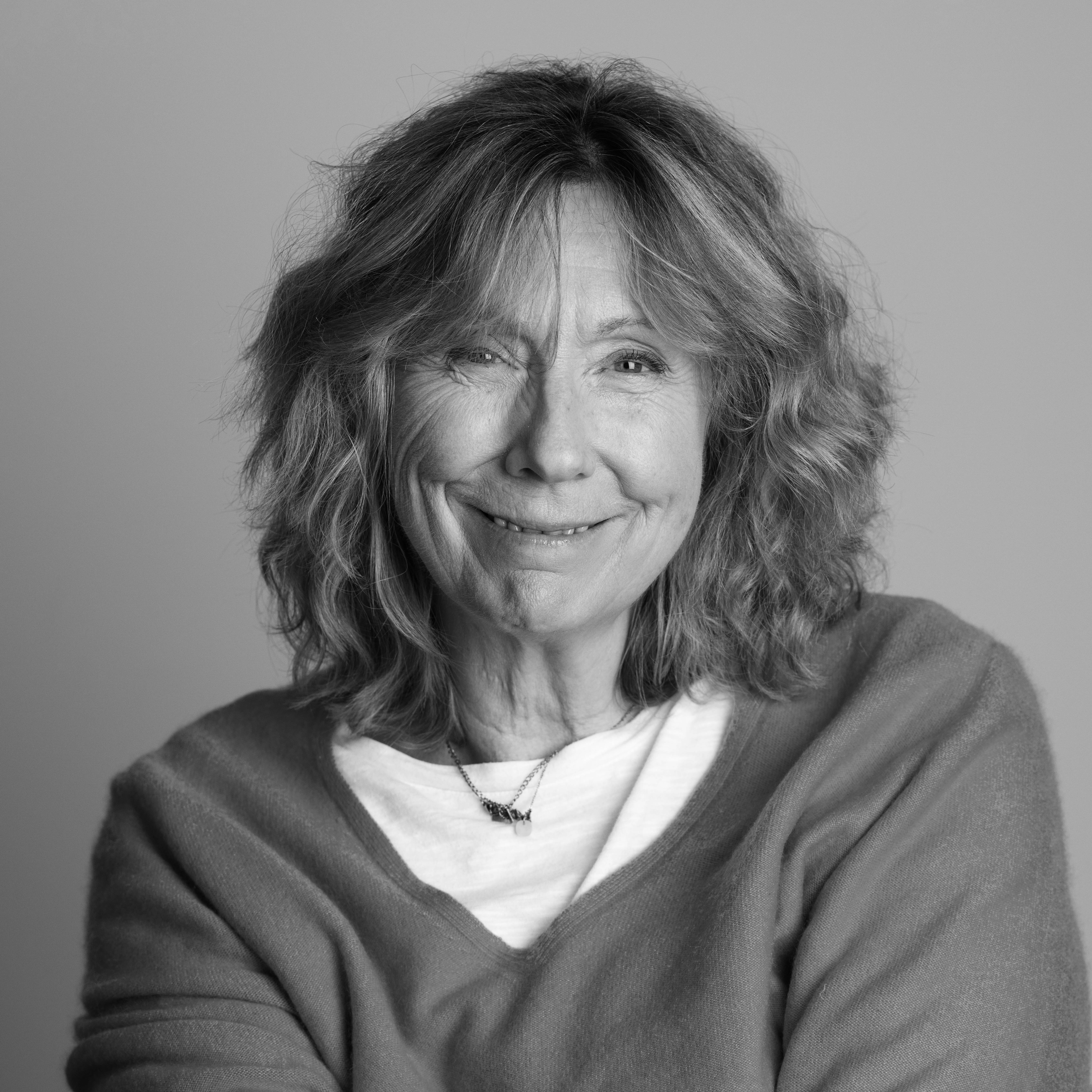Thanks to the ruthlessness of algorithms, my online life is peppered with invitations to attend memory clinics. Such advertising feels predatory, designed above all to appeal to the worried well. I’ve never understood why anyone would seek early diagnosis of a disease without a cure, with nothing to gain but years of miserable anticipation.
But this is the golden age of monetised human anxiety. There’s something wrong with everyone, they just haven’t discovered it yet. Diagnosis is what matters; medicalisation of frailties compulsory; and, given present demographics, dementia is chief among bogeyman, huffing and puffing at our door as we try to sleep.
I can think of nothing, frankly, more ghastly than foresight of darkness. Nope, head in the sand every time. Until it’s unavoidable, give me blissful ignorance. Spare me pointless dread. Such an attitude isn’t therapeutic nihilism; rather it’s a positive and rational way of leading a happy life.
Having cared for my husband with dementia for two years since diagnosis I have no doubt it’s better not to know too early. He was happy: sociable, funny, doctorphobic and ever-hopeful of good things coming round the corner. But like lots of us he was a secret worry-pot about his health – those familiar 4am terrors – and a test would have robbed of him of many carefree years.
When he did get a NHS diagnosis, it was psychologically crushing. Everything changed. He is furious at being landed with something incurable. Being already in that particular club, I am an accomplished stoic, and far more cynical about cures, so I’m not remotely surprised that the first so-called breakthrough drugs for Alzheimer’s – Lecanemab and Donanemab – are this week expected to be refused for NHS use on cost grounds. Because they aren’t breakthrough enough.
A test would have robbed a worry-pot like my husband of many carefree years
A test would have robbed a worry-pot like my husband of many carefree years
My advice? If you’re functioning OK, and enjoying life, don’t waste money on tests. Spend the several thousand quid on something nice. It’ll make you happier than any report based on brain scans and supposition (even a conclusive blood test is still in the five-year never never) about the potential for dementia. And advising you to go away and “live well”. Ha!
Besides, if you receive a diagnosis, what would you actually do with the information? What’s the rush? The waiting list for NHS memory clinics in England is only 13 weeks. Diagnosis changes little other than maybe learning what type you’ve got. For some no treatment exists; for Alzheimer’s some drugs may slow progress a while.
Should you seek clinical trials, anyone over 18 can apply via the Alzheimer’s Society. Just remember you might get the placebo.
Diagnosis is a boom industry. Swish, hungry private clinics offer tests for ADHD and autism in children, and for incurable neurological bogeymen such as multiple sclerosis, Parkinson’s and motor neurone disease. They’re capitalising even as the Nobel laureate in chemistry, Demis Hassabis, pops up with the soothing claim that AI could cure all diseases within a decade. (That cynical laughter you hear? It’s us incurables, especially those with broken spines, recognising real five-star BS.)
So be more ostrich. Appreciate what you’ve got every day – if you’re functioning, you’re privileged.
Newsletters
Choose the newsletters you want to receive
View more
For information about how The Observer protects your data, read our Privacy Policy
When I was 18, my father, a perpetual worrier, sent me a newspaper clipping, a quote from the 18th-century English clergyman Sydney Smith: “Are you happy now? Are you likely to remain so till this evening? Or next week? Or next year? Then why destroy present happiness by a distant misery, which may never come at all, or you may never live to see? For every substantial grief has 20 shadows, and most of them shadows of your own making.”
As strategies go, I still can’t better it.
Photograph by Getty Images



